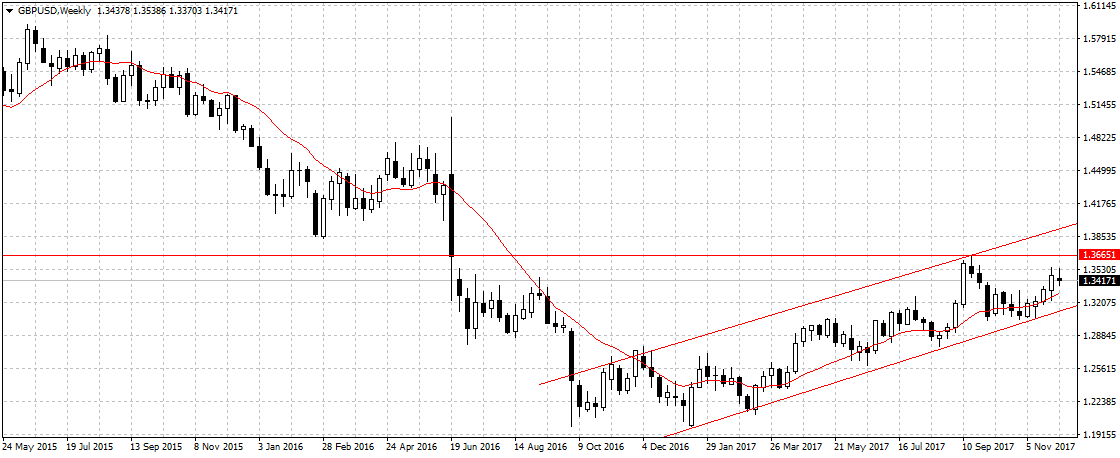The International Energy Agency (IEA) has reduced its forecast for global oil demand growth in 2024 by 100,000 barrels per day (bpd).
The agency cited a sluggish start to the year in developed economies as a key factor contributing to the downward revision.
According to the latest Oil Market Report released by the IEA, global oil consumption has continued to experience a slowdown in growth momentum with first-quarter growth estimated at 1.6 million bpd.
This figure falls short of the IEA’s previous forecast by 120,000 bpd, indicating a more sluggish demand recovery than anticipated.
With much of the post-Covid rebound already realized, the IEA now projects global oil demand to grow by 1.2 million bpd in 2024.
Furthermore, growth is expected to decelerate further to 1.1 million bpd in the following year, reflecting ongoing challenges in the market.
This revision comes just a month after the IEA had raised its outlook for 2024 oil demand growth by 110,000 bpd from its February report.
At that time, the agency had expected demand growth to reach 1.3 million bpd for 2024, indicating a more optimistic outlook compared to the current revision.
The IEA’s latest demand growth estimates diverge significantly from those of the Organization of the Petroleum Exporting Countries (OPEC). While the IEA projects modest growth, OPEC maintains its forecast of robust global oil demand growth of 2.2 million bpd for 2024, consistent with its previous assessment.
However, uncertainties loom over the global oil market, particularly due to geopolitical tensions and supply disruptions.
The IEA has highlighted the impact of drone attacks from Ukraine on Russian refineries, which could potentially disrupt fuel markets globally.
Up to 600,000 bpd of Russia’s refinery capacity could be offline in the second quarter due to these attacks, according to the IEA’s assessment.
Furthermore, unplanned outages in Europe and tepid Chinese activity have contributed to a lowered forecast of global refinery throughputs for 2024.
The IEA now anticipates refinery throughputs to rise by 1 million bpd to 83.3 million bpd, reflecting the challenges facing the refining sector.
The situation has raised concerns among policymakers, with the United States expressing worries over the impact of Ukrainian drone strikes on Russian oil refineries.
There are fears that these attacks could lead to retaliatory measures from Russia and result in higher international oil prices.
As the global oil market navigates through these challenges, stakeholders will closely monitor developments and adjust their strategies accordingly to adapt to the evolving landscape.


 Forex2 weeks ago
Forex2 weeks ago


 Naira1 week ago
Naira1 week ago
 Naira4 weeks ago
Naira4 weeks ago
 Company News4 weeks ago
Company News4 weeks ago




 Naira1 week ago
Naira1 week ago




 Naira3 weeks ago
Naira3 weeks ago
 Billionaire Watch1 week ago
Billionaire Watch1 week ago




 Naira7 days ago
Naira7 days ago





















